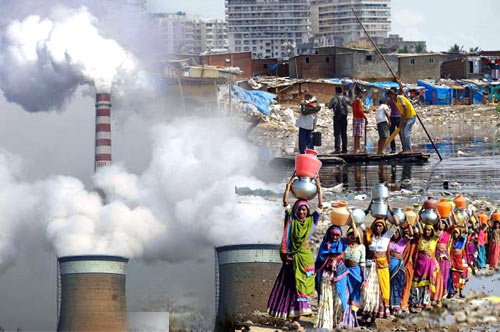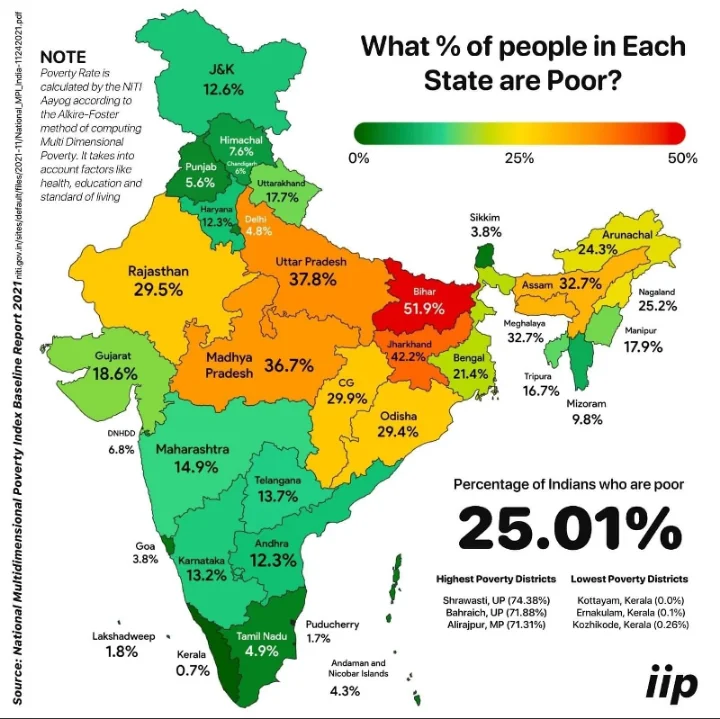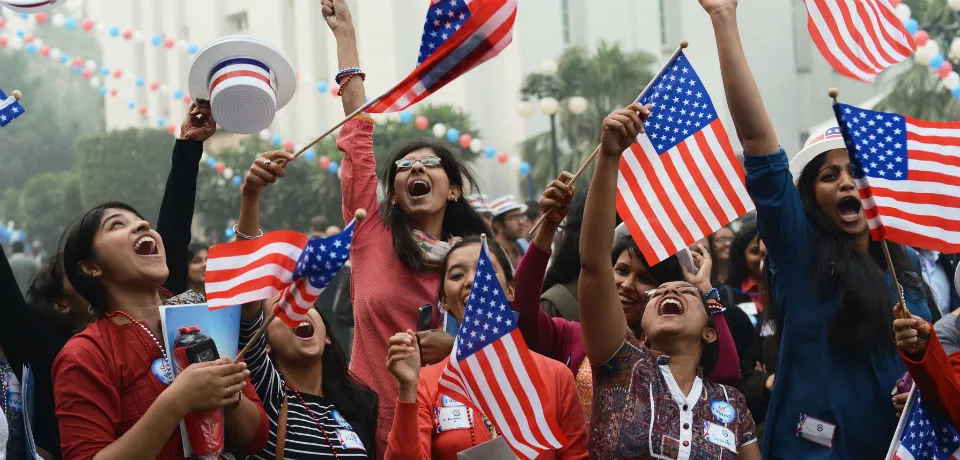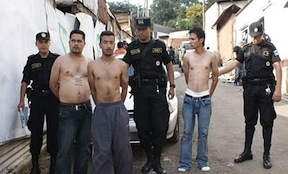
People decide to leave their home countries and are influenced by a multitude of factors including economic, political, and social factors. Most tend to leave their country because of the injustice that they face there and/or leave due to the promises and opportunities they will receive in their new host country. These two categories can be broken down into internal vs. international. This page will explore both of these categories through countries representing multiple continents, acting as case studies, and how their citizens tend to immigrate towards the U.S.A.
Ethiopia is a country with many ethnic and regional groups that have come in conflict with each other throughout the years. My parents both immigrated from Ethiopia with my father seeking refuge and my mother seeking opportunities.
The Tigray War was a two year conflict that was fought by the Ethiopian and Eirtrean governments vs. the Tigray People Liberation Front. This was a brutal armed conflict that destroyed civilian structers like hospitals, schools, and factories. The government accused TPLF of attacking a Tigray air base in November 2020. Then, they intervened and caused atrocities like sexual violence and food shortages. This conflict exposed the challenges of ethnic federalism, which divides the country into districts associated with and recognize ethnic groups and communities.
Guatemala is a country that has and is facing high levels of gang-related violence, organized crime, and drug trafficking. Families and citizens feel fear and some decide to seek safety in other countries.
Mara Salvatrucha (MS-13) and Barrio 18 (18th Street Gang) are two prominent gangs that originated in Los Angles including refugees from Central American countries like El Salvador, Guatemala, and Honduras. These gangs are associated with homicides, assualts, and extortion. They seek territorial control over their neigbhbors and engage in violent conflicts with each other and rival groups. They target the vulnerable youth to recruit them and can pure pressure or threaten the youth to join them. Both of these gangs use extortion, which involves threatening people until they are forced to comply for financial gain.

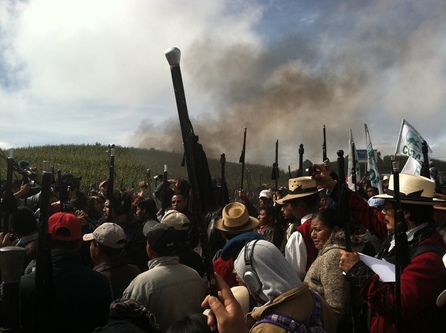
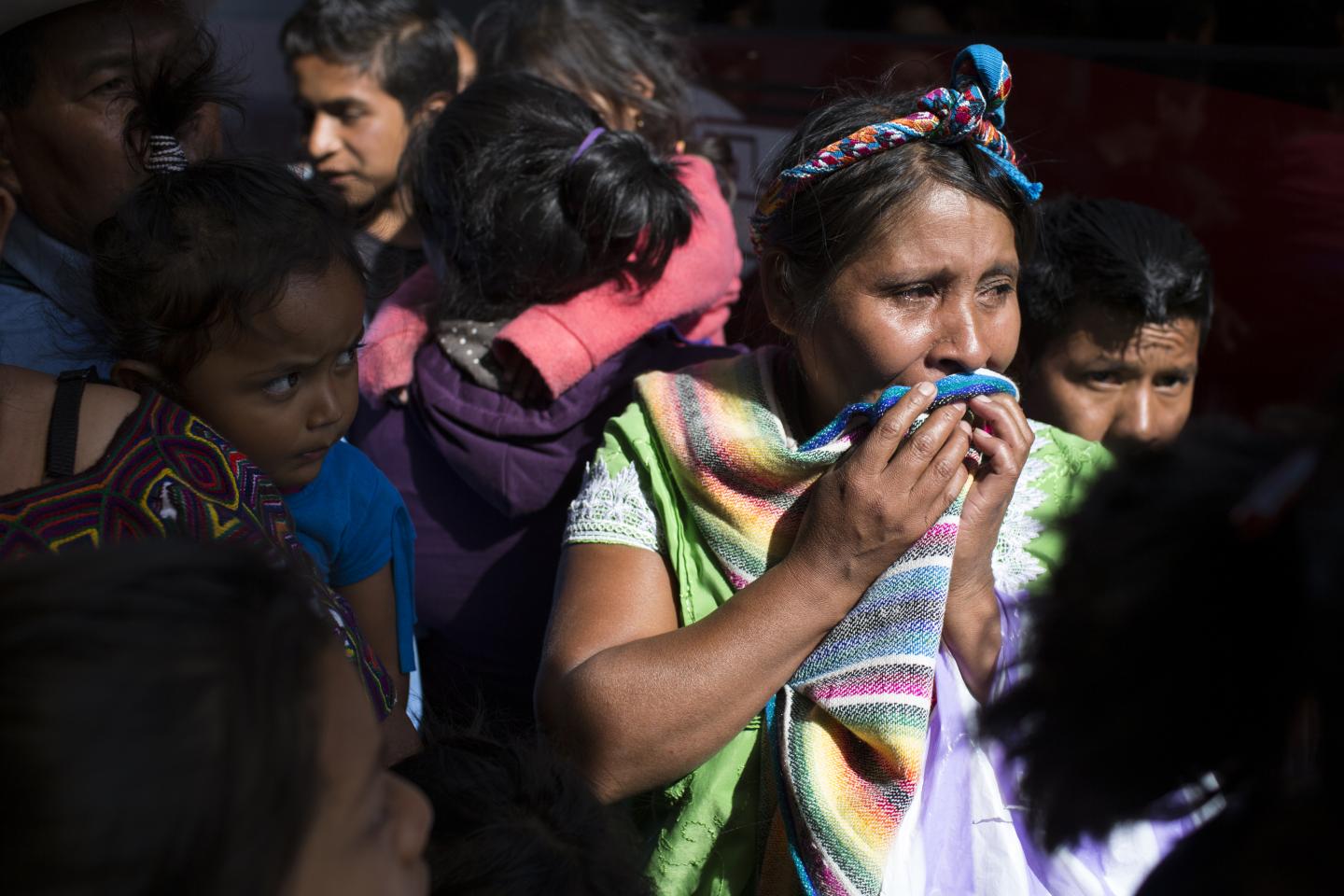
Venezuela is a country that has a severe humanitarian situation with shortages of food, water, and medical supplies. The government has restricted humanitarian access which creates challenges for getting external aid into the country.
The agriculture sector has had a shortage of production inputs. Venezuela has depended highly on food imports but due to the economic collapse, it has been challenging to purchase these goods from international markets. With the scarcity of nutritious food, groups like children, elderly, and preganant women have experienced malnutrition. Many qualified healthcare professionals have left the country. Medical equipment and essential medications have been scarce. Healthcare infrastructure has been neglegcted and unmaintained
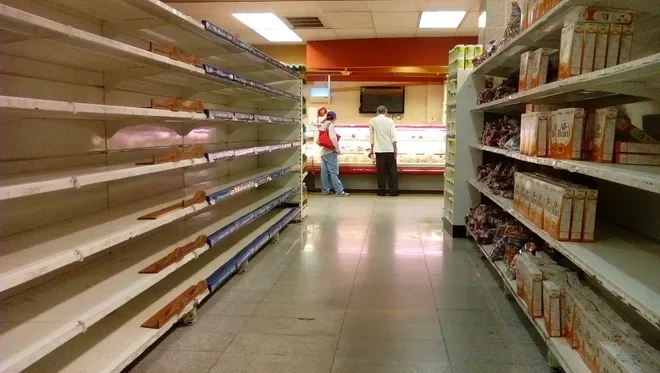
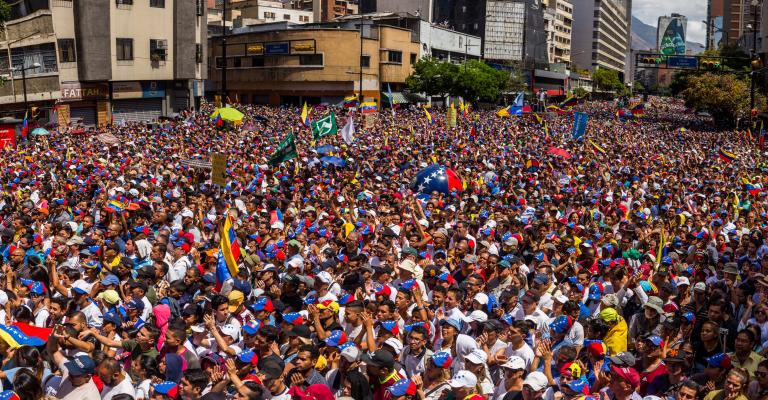
Greece is a country with a rich and deep history as an ancient civilization, resulting in the country being a popular tourist destination. Greece's economy is diverse, with sectors such as tourism, shipping, agriculture, and services playing crucial roles.
After the global recession crisis began in 2008, there was a period of financial instability, high debt, and unemployment. High unemployment among youth makes it difficult to support families. Greece had received substantial assistance from the EU and, as a result, owed them debt. Measures, like increased taxes and public spending cuts, were taken to reduce government budget deficits. Additionally, Greece has had a crisis with a migration influx of refugees due to its easy entrance point to Europe.
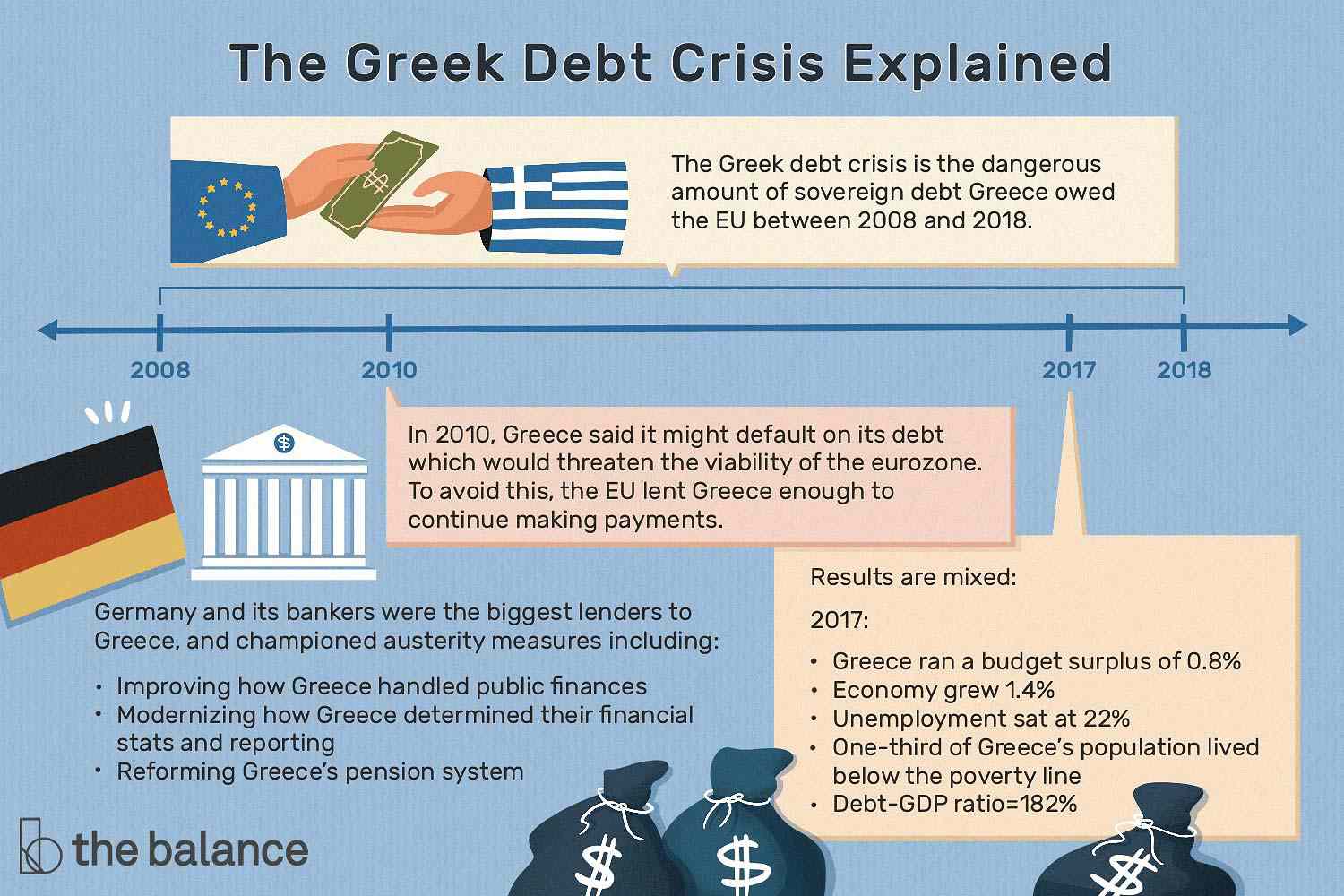
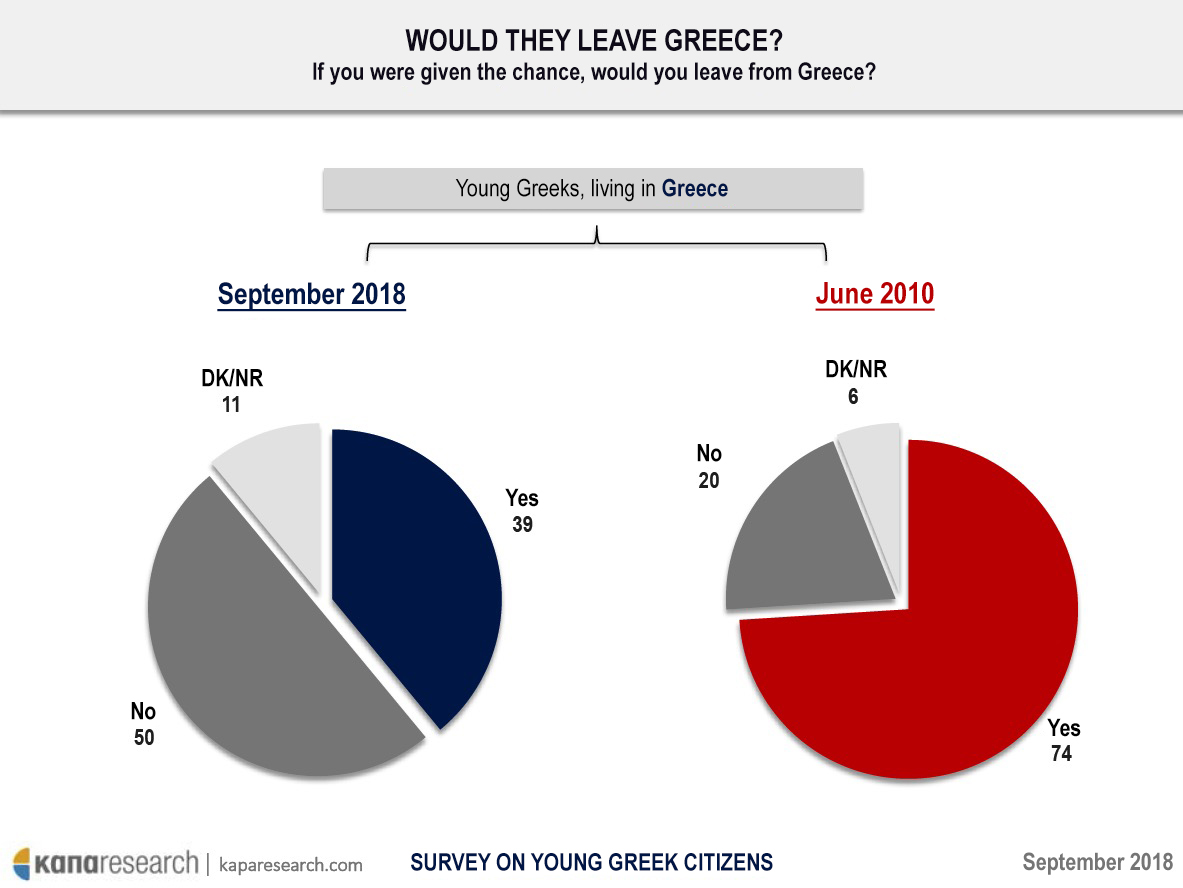
India is a culturally and religiously diverse country while being one of the largest countries by land area and population. A significant portion of the population lives in poverty, there are many environmental challenges like air and water pollution, and there is an urban-rural divide with a lack of education in rural areas.
Citizens tend to immigrate to the U.S.A. to receive a higher education and for employment. They study at well recognized universities and have access to things like research, resources, and different programs compared to India. Students can create social networks with friends and alumni. They can be exposed to new cultures and learn English, possibly even becoming permanent residents of their new host country.
